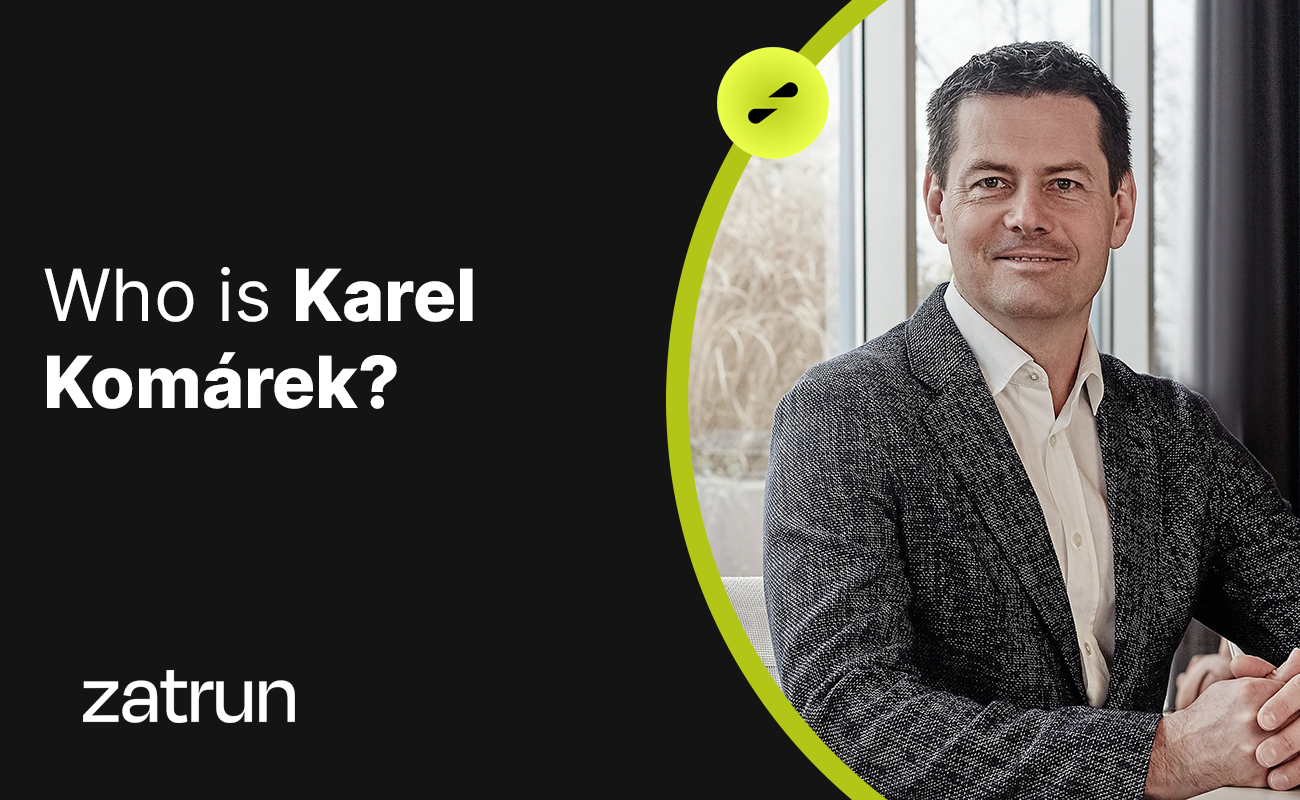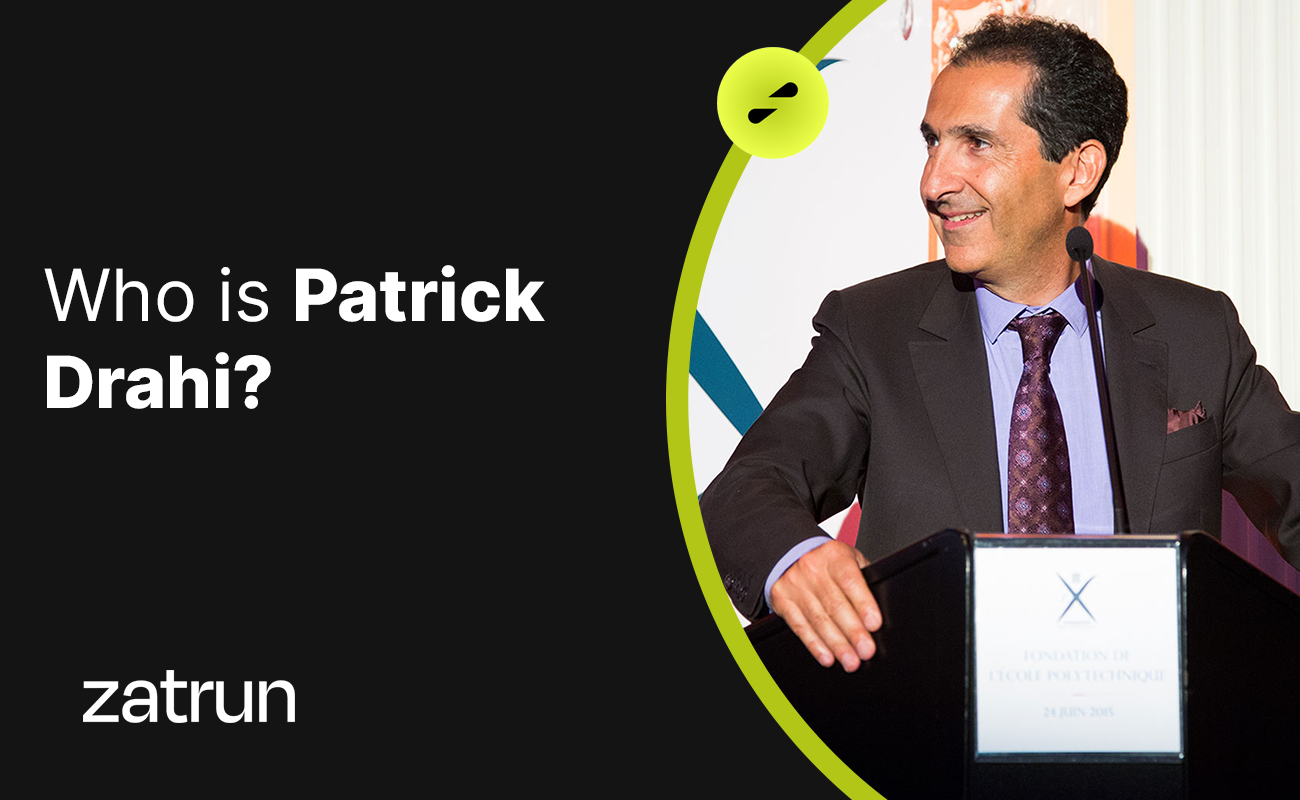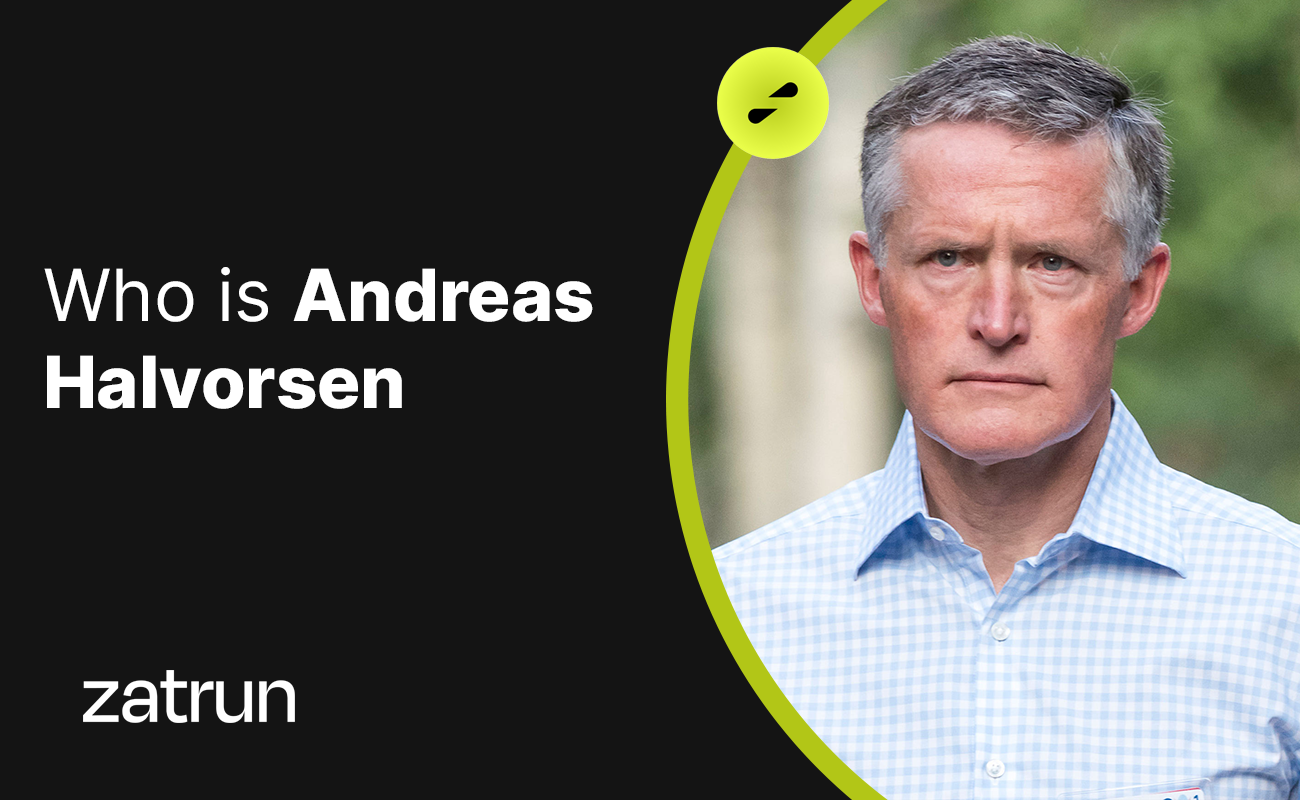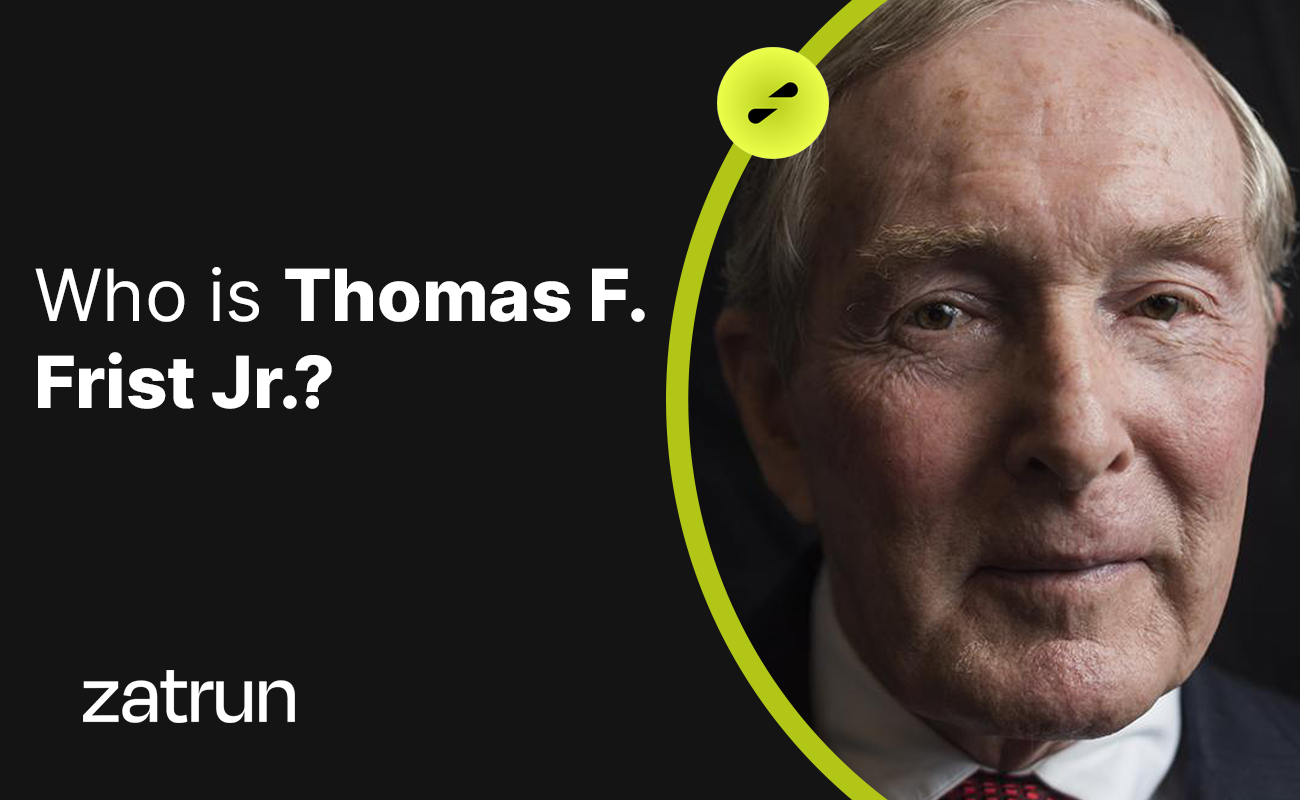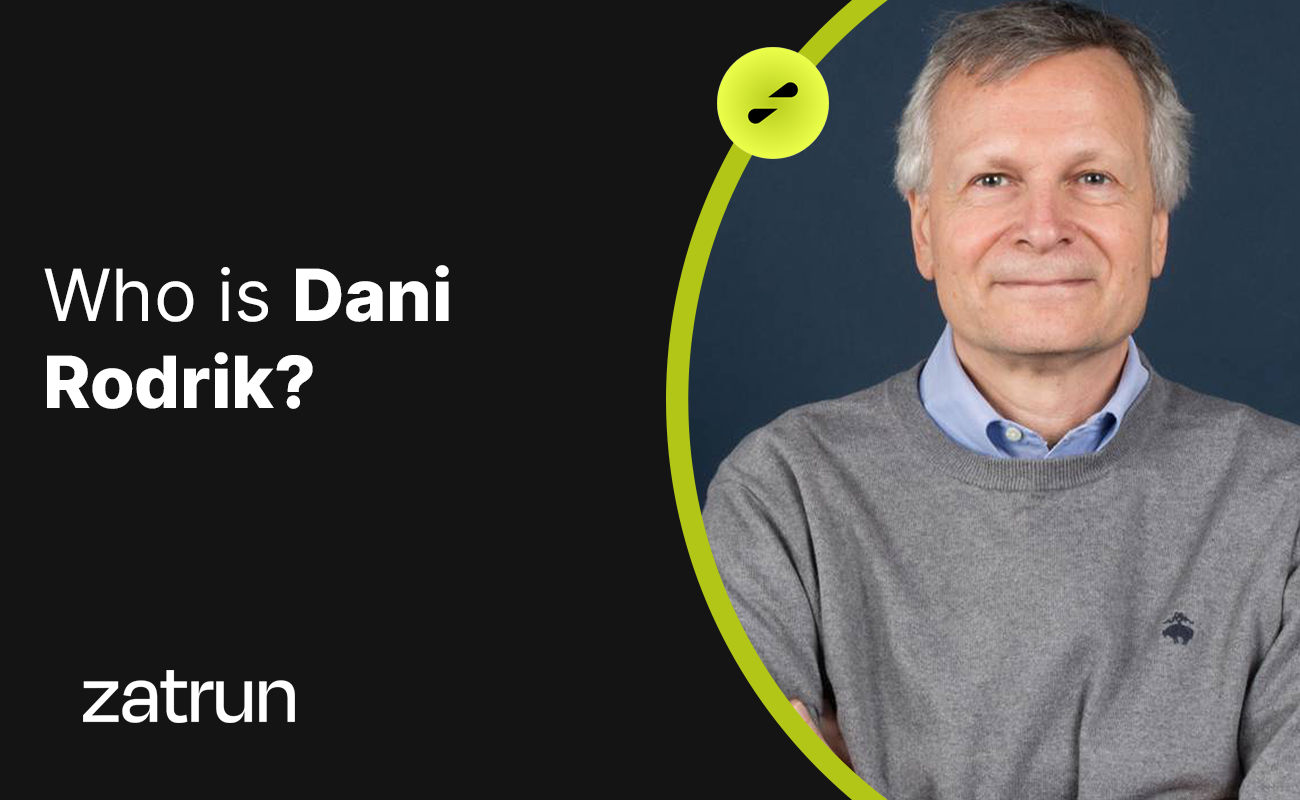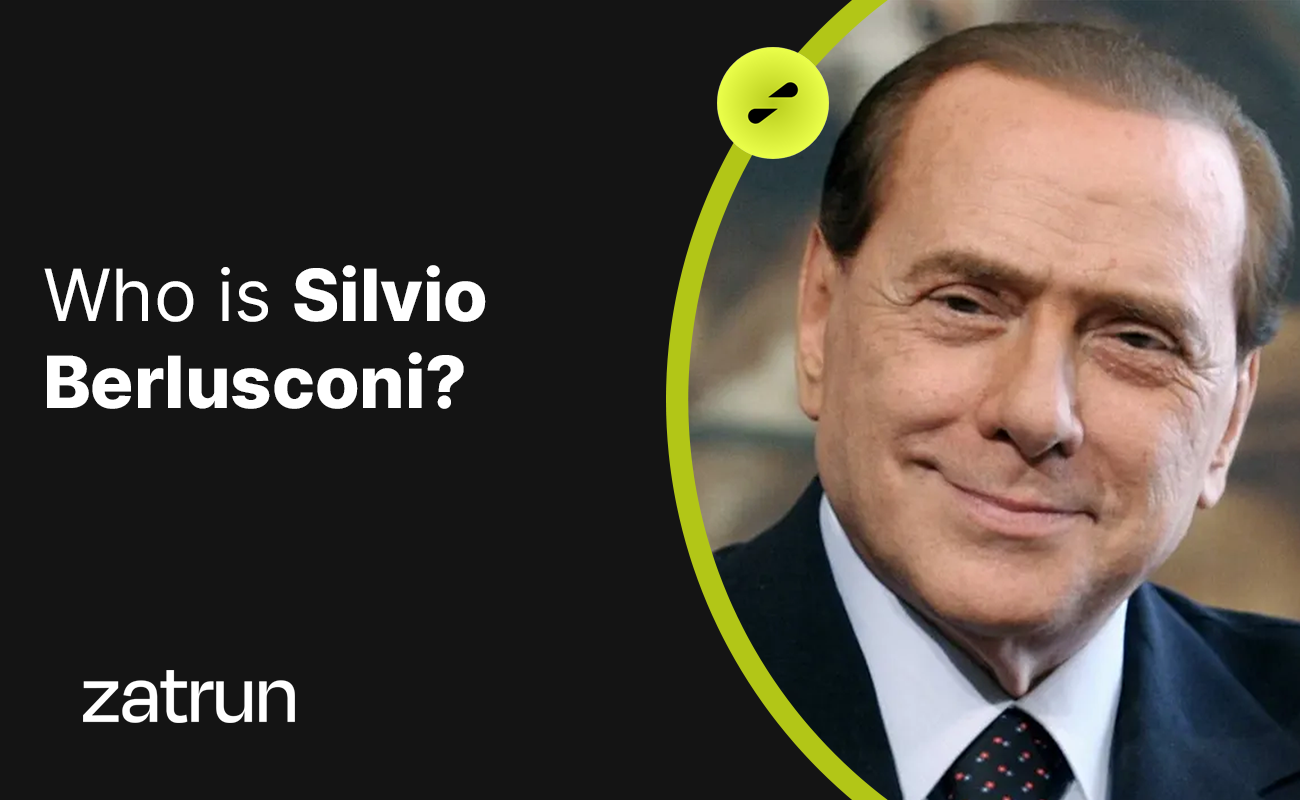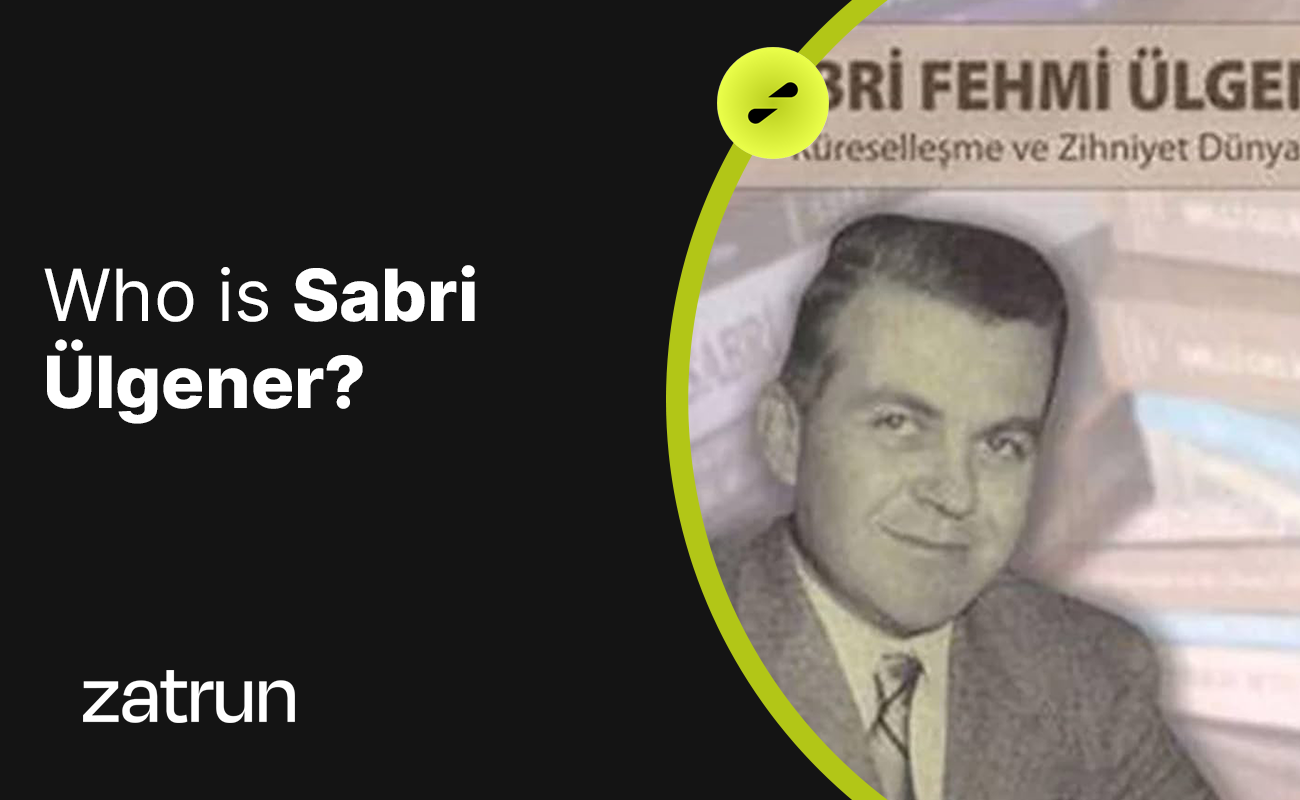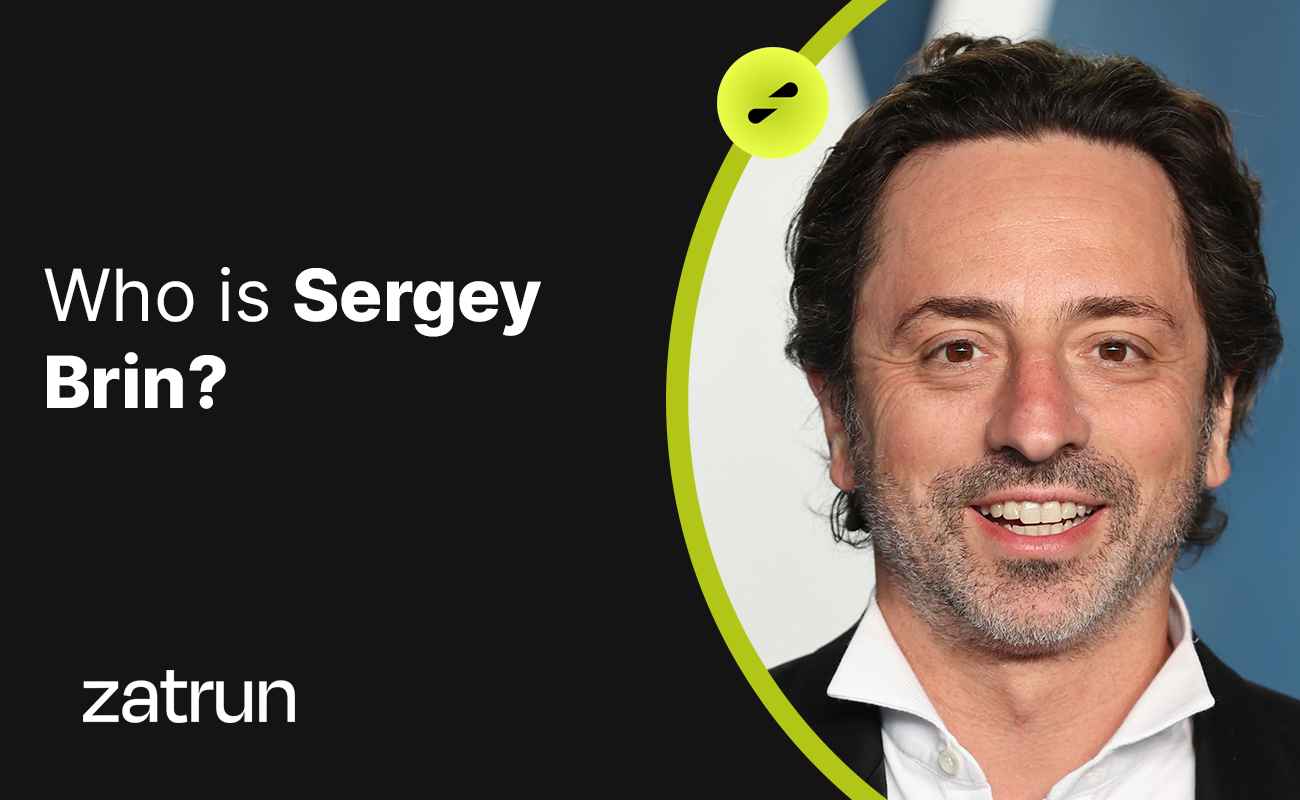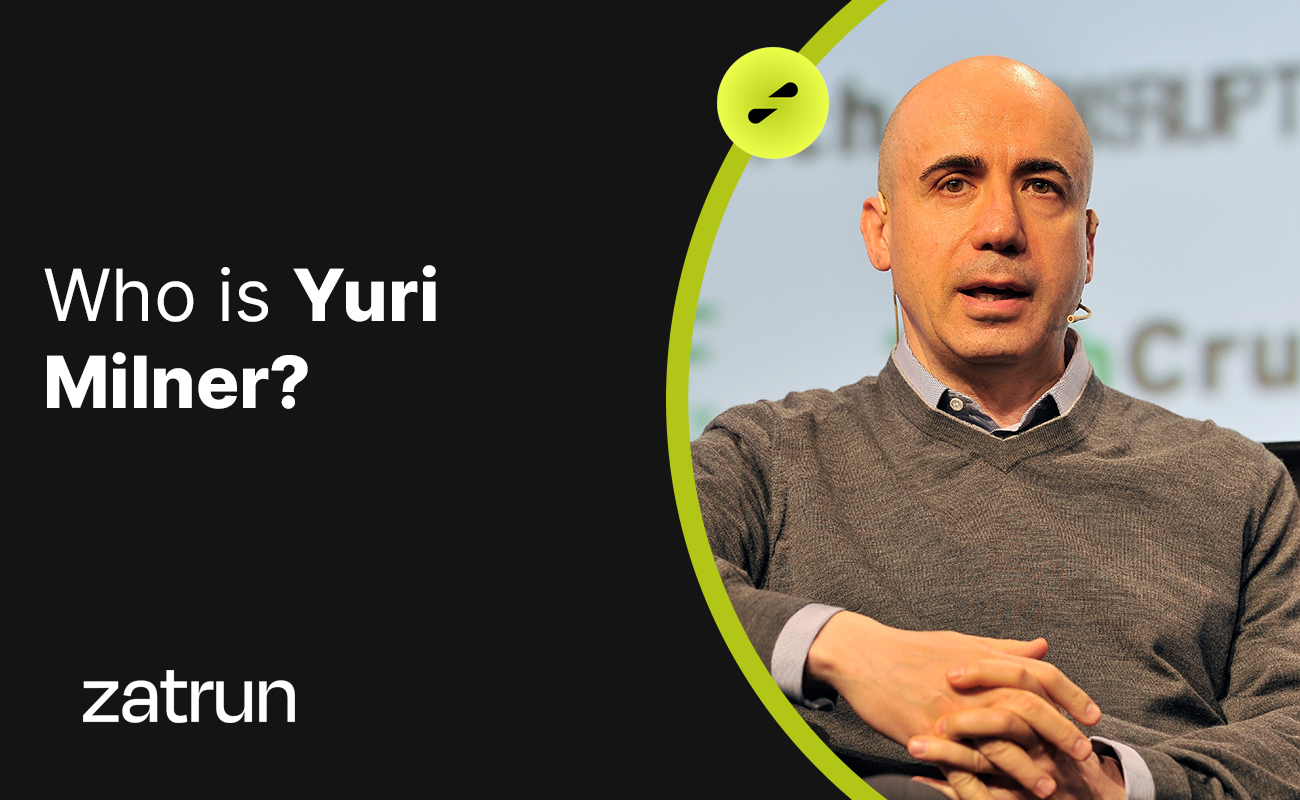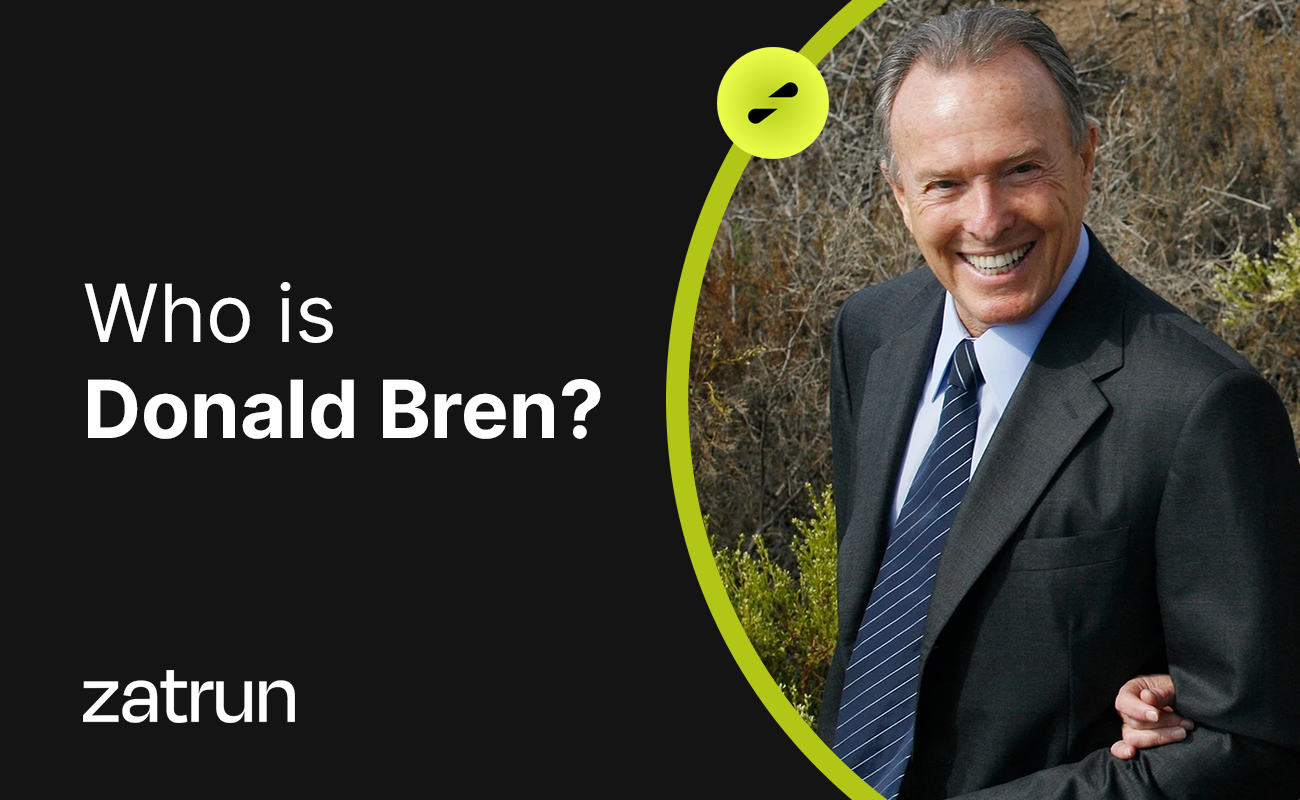Mikhail Fridman, also transliterated as Mikhail Friedman, is a prominent Ukrainian-born Russian-Israeli businessman and billionaire. He is widely recognized for his pivotal role in co-founding Alfa-Group, a multinational Russian conglomerate, and for his influential position within the business world. Zatrun.com, this article delves into the life, career, and controversies surrounding this enigmatic figure.
Mikhail Fridman’s Formative Years
Mikhail Fridman was born on April 21, 1964, in Lviv, Ukrainian SSR, USSR. He spent his formative years in Lviv, where he graduated from high school in 1980. Despite facing obstacles such as alleged discrimination due to his Jewish heritage, he embarked on a remarkable academic journey. Fridman’s determination led him to attend the Moscow Institute of Steel and Alloys after being denied entrance to Moscow’s top physics college.

During his college years, he engaged in various jobs, including window washing and co-owning a student discothèque named Strawberry Fields. His resourcefulness extended to forming a group of students who bartered play tickets as a form of currency. In 1986, Mikhail Fridman graduated with distinction from the Moscow Institute of Steel and Alloys with a degree in metallurgical engineering. This strong educational foundation would set the stage for his future successes.
Career: Early Years and Alfa Companies (1980s–1990s)
Mikhail Fridman’s career journey began in 1986 when he worked as a metallurgical design engineer at the Elektrostal Metallurgical Works, a state electrical machinery factory. The late 1980s saw Soviet leader Mikhail Gorbachev’s economic reforms, creating a climate conducive to entrepreneurship. In 1988, Fridman established a window-washing business, an apartment rental agency for foreigners, a company selling used computers, and another importing cigarettes and perfumes, all with fellow friends from college. These early business ventures marked the inception of his entrepreneurial spirit.
Armenian Robert Yengibaryan provided essential support to Fridman during this period. Later, Vahe Yengebaryan, Robert Yengibaryan’s son, became a crucial figure in Fridman’s business interests, notably serving as the Russian consul in New York from 2003 onwards.
In 1988, alongside German Khan and Alexey Kuzmichev, Mikhail Fridman co-founded Alfa-Photo, which specialized in importing photography chemicals. The trio expanded their business endeavors by founding Alfa-Eco and Alfa Capital in 1989, two entities that played pivotal roles in the evolution of Alfa Group Consortium.

This consortium, initially focused on computer trading and copy machine maintenance, evolved into one of Russia’s largest privately-owned financial-industrial conglomerates. It diversified into various sectors, including telecommunications, banking, retail, and oil. In January 1991, Fridman co-founded Alfa-Bank, a significant milestone that saw the bank grow into one of Russia’s largest private banks.
TNK-BP (2003–2013)
In 1997, Mikhail Fridman collaborated with Len Blavatnik and Viktor Vekselberg to purchase TNK (Tyumen Oil Company), an oil company in Siberia, for $800 million. Subsequently, in February 2003, BP and the AAR consortium, which included Alfa Group, Blavatnik’s Access Industries, and Vekselberg’s Renova, formed the TNK-BP joint venture. This merger elevated TNK-BP to become one of Russia’s top three largest oil producers and one of the world’s top ten largest private oil companies. Fridman played a pivotal role as TNK-BP’s chairman for nine years and CEO for three years.
However, Fridman’s relationship with BP was contentious, with conflicts arising, such as the blocking of BP’s planned partnership with Rosneft for Arctic oilfield exploration in 2011. In 2013, TNK-BP was sold to Russia’s state-owned energy group Rosneft for $56 billion, with Fridman and his Russian partners receiving $28 billion for their 50% stake.
Founding LetterOne and L1 Energy (2013–2015)
Using the proceeds from the sale of their stakes in TNK-BP, Mikhail Fridman, along with Alfa Group partners Khan and Kuzmichev, established LetterOne (L1), an international investment company, in 2013. Fridman assumed the role of chairman. LetterOne was created to invest in various international projects spanning energy, telecoms, finance, technology, and more. As of December 31, 2013, LetterOne managed $29 billion in assets.

In 2013, LetterOne also formed L1 Energy, an energy investment vehicle initially focused on undervalued international oil and gas assets amid a slump in oil prices. The acquisition of DEA, an international oil and gas company, from German utility RWE for $7 billion in March 2015 marked a significant move for L1 Energy.
L1 Energy: Investments and Controversies
L1 Energy’s investments and activities have sparked controversies, particularly due to geopolitical tensions and sanctions. The U.K. government expressed concerns about the acquisition of North Sea oil and gas assets by LetterOne due to Fridman’s alleged ties to Russian President Vladimir Putin. There were worries that this could compromise national security interests. After facing pressure, LetterOne agreed to sell its North Sea assets in 2016 to alleviate these concerns.
Despite such challenges, Fridman and LetterOne continued their investments. In 2018, LetterOne merged its oil and gas interests with BASF’s Wintershall to create Wintershall Dea, a leading independent European gas and oil company. Mikhail Fridman has maintained a significant role in the company’s operations.
Controversies and Sanctions
Mikhail Fridman and his business ventures have been subject to various controversies and sanctions. In 2018, the U.S. Department of the Treasury’s Office of Foreign Assets Control (OFAC) sanctioned Fridman and several other Russian businessmen, citing their closeness to the Kremlin. These sanctions froze their U.S. assets and imposed travel restrictions.
Furthermore, in 2020, Fridman and other investors sued the U.S. government over the sanctions, arguing that they were unlawfully harming their businesses and reputations. The lawsuit was later dropped.
Despite his controversial image in the business and political realms, Mikhail Fridman has engaged in philanthropic endeavors. He has been involved in initiatives aimed at promoting Jewish culture and heritage and has contributed to charitable organizations in various fields.
Mikhail Fridman is known for keeping a relatively low profile in the media, preferring to maintain his privacy. He holds dual Russian and Israeli citizenship and splits his time between Moscow and London.
Mikhail Fridman is an influential figure in the business world, known for his role in founding Alfa-Group and his subsequent ventures in the energy and financial sectors. His career has been marked by significant successes, controversies, and legal battles, making him a polarizing figure on the global stage. As of my last knowledge update in September 2021, Fridman continues to be active in the business world through his involvement with LetterOne and other investments.


